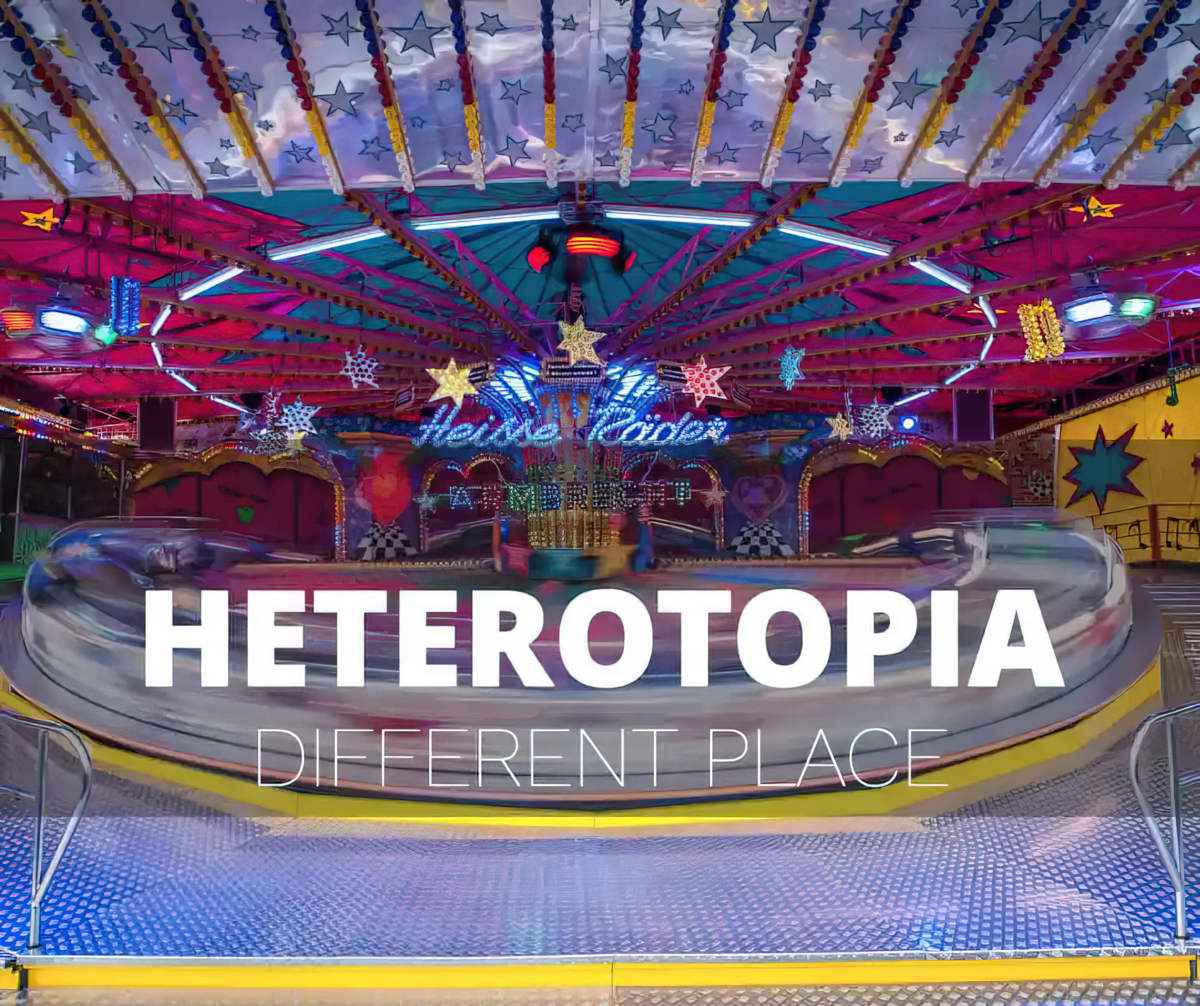-
What is a fractured fairytale?
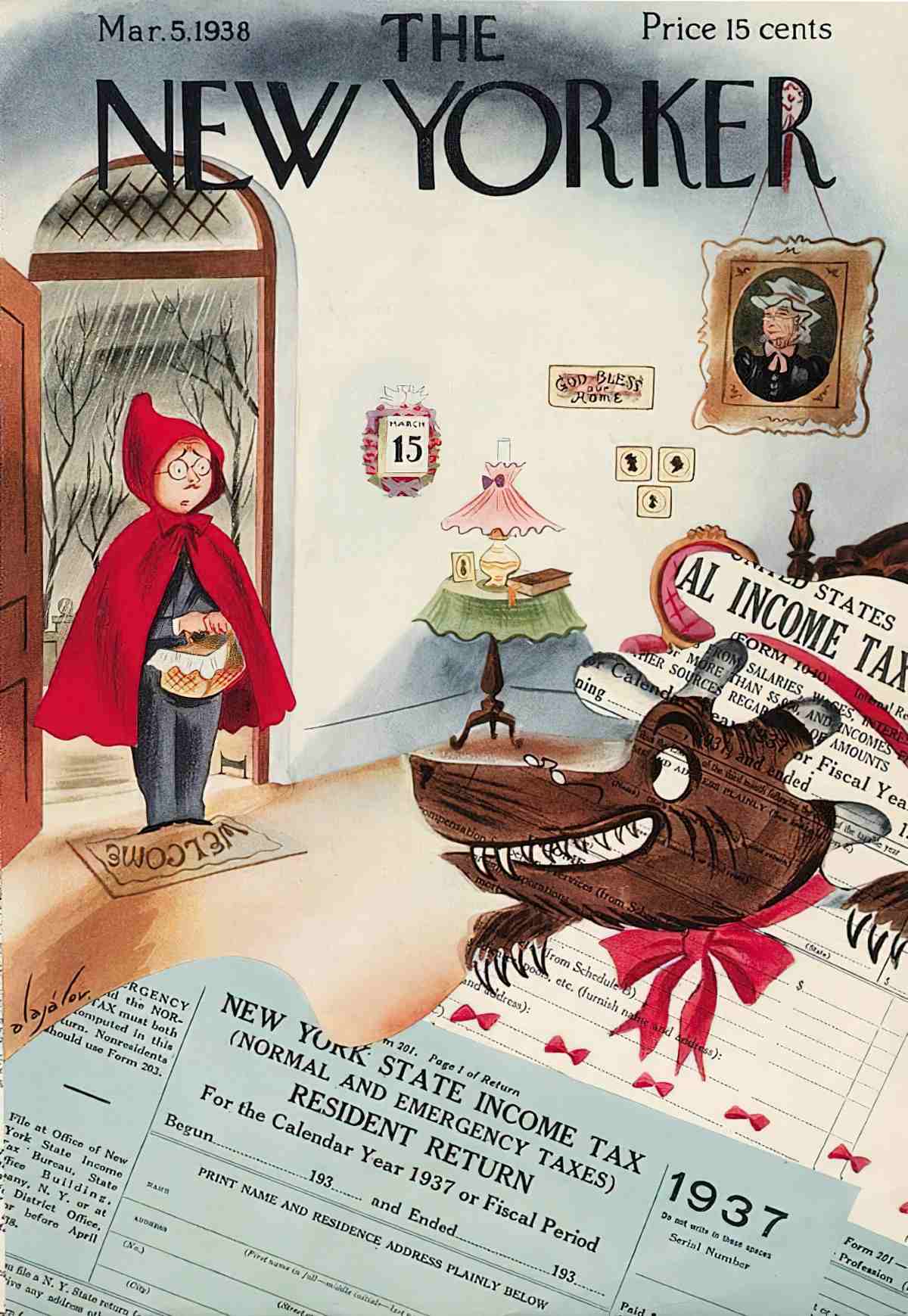
A fractured fairy tale is a story which makes use of a traditional fairy tale but restructures and reimagines.
-
What is the meaning of Save the Cat in storytelling?
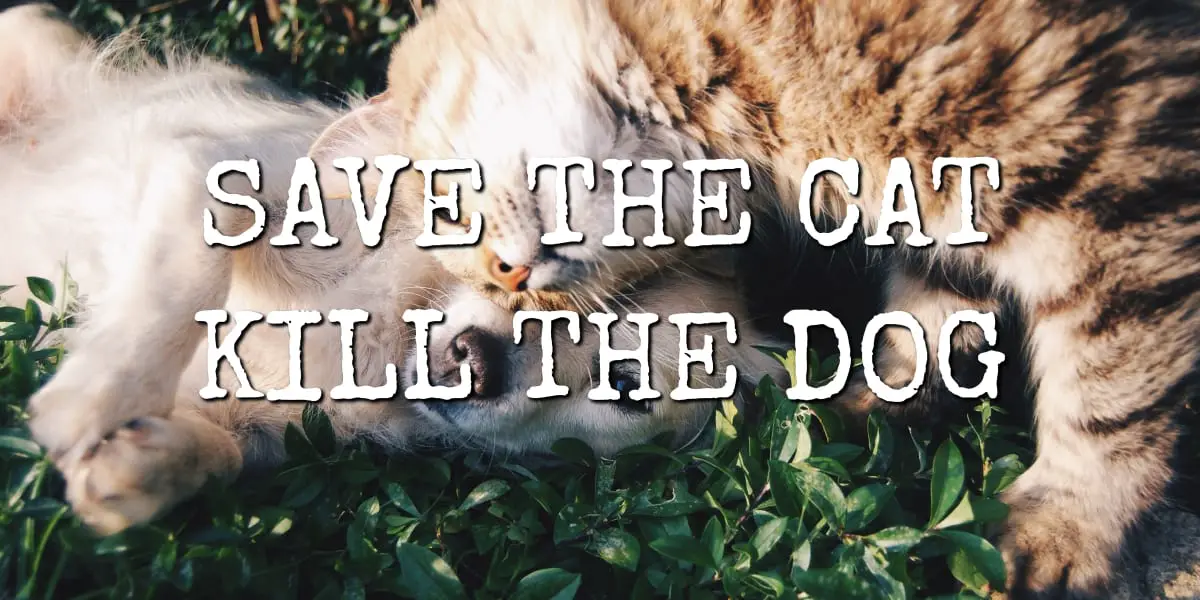
Save The Cat was Blake Snyder’s term for screenwriters, though it’s used a lot by novelists, too. Snyder had the following advice when setting up a main character: Heroes should be introduced by a selflessly heroic moment in which they ‘save a cat’ or similar, to show they’re a good person. Blake Snyder The opening […]
-
Masks In Storytelling
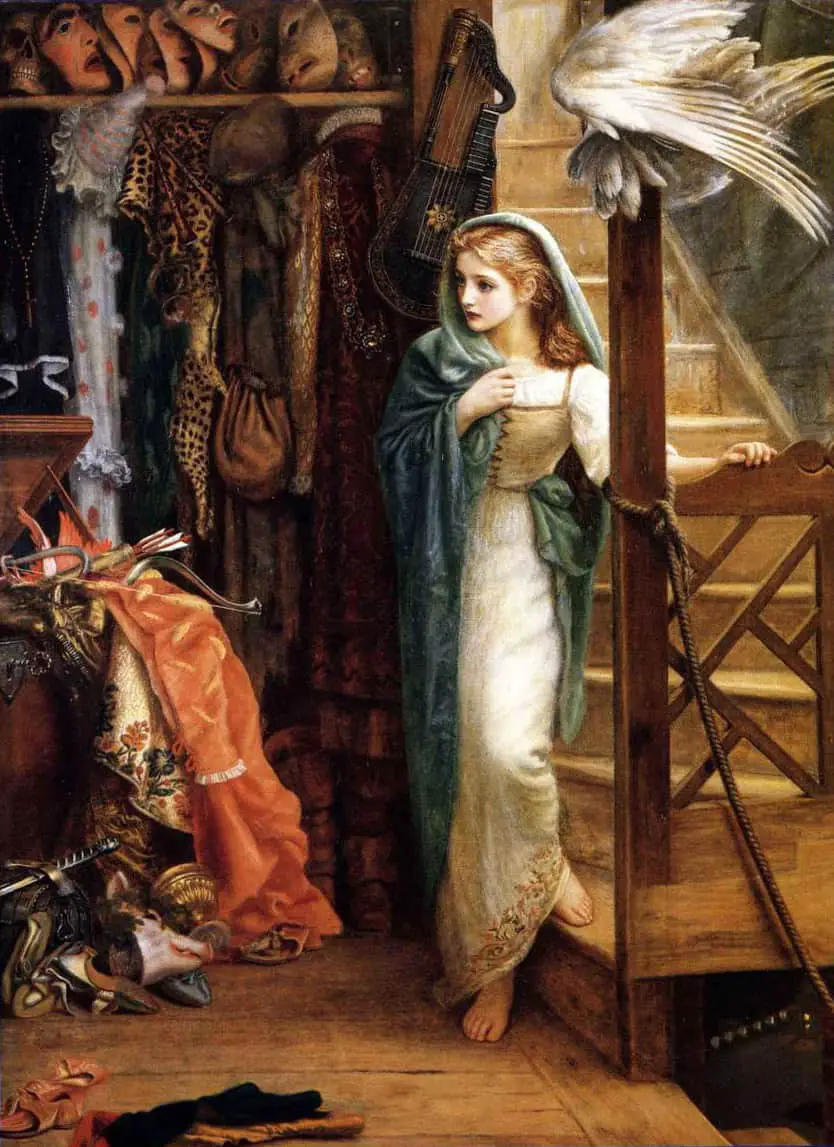
We love stories about tricksters who get away with stuff. But we don’t want them to get away with stuff forever. We want them to be found out. For instance, when Emerson Moser retired from Crayola and revealed that he is colour blind, he made sure that this one little detail of his career would […]
-
Narration and Storytelling: Focalisation vs Head Hopping
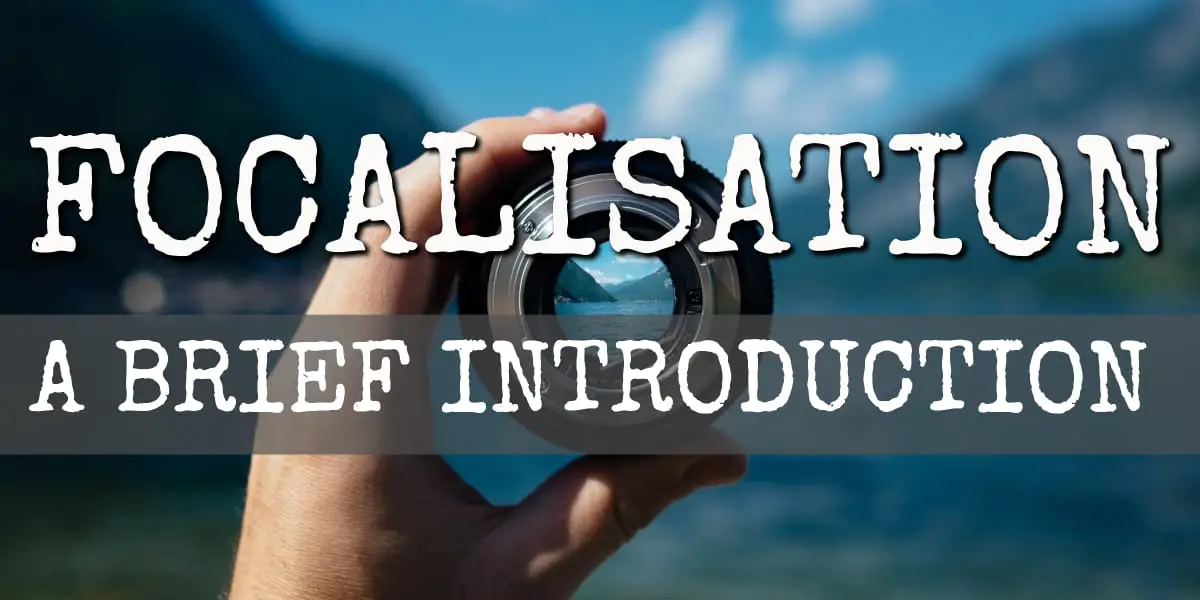
Every narratologist has their own set of terminology. It gets a bit overwhelming. Pick and choose the terms that are useful; discard the rest. Here’s one way of looking at narration in stories. Focalisation comes courtesy of French narrative theorist, Gérard Genette. When thinking about focalisation, we consider the following: Writers tend to think in […]
-
Narration and Storytelling: Diegetic Levels
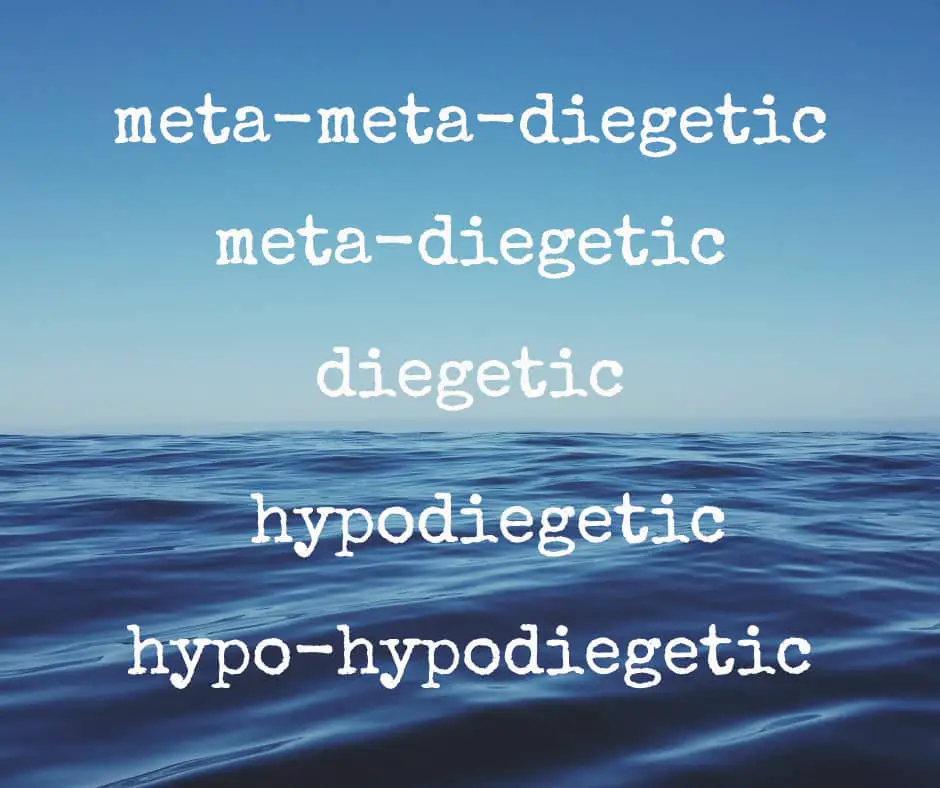
When discussing ‘diegetic levels’ of a story, imagine a ground floor. Level zero. All events and characters featured on this level are part of the story. Level zero is the normal, basic narrative level in a text. A story may not have any other levels, but it will at least have a ground floor. This happened, that happened, the end.
-
What is an extradiegetic narrator?
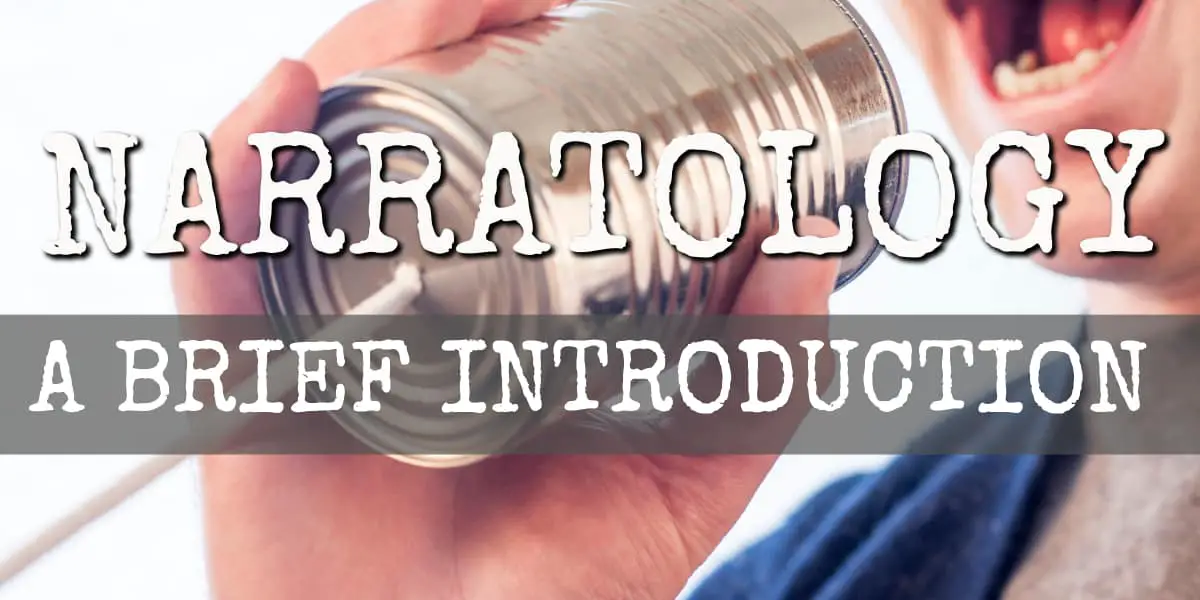
Writers think in terms of point of view: omniscient, third person, first person, second person. Close third person, universal first person and so on. For most purposes, point of view as a concept does fine. But it’s worth taking a brief look at terminology used by narratologists. Every narratologist comes with their own terminology. The […]
-
What is ‘fuzz’ in writing?

Fuzz refers to an element of motivation which the author forgot to supply. Perhaps they meant to come back later to add more detail, but didn’t.
-
Children’s Stories and Northrop Frye
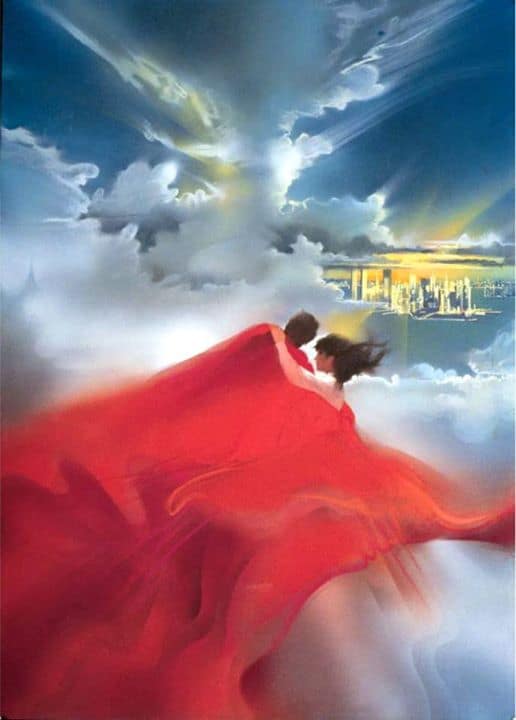
Northrop Frye was a Canadian literary theorist who died in 1991 aged 78. Frye was considered one of the most influential literary theorists of the 20th century. Sometimes his theories applied equally to children’s literature; at other times he was off the mark. One of his theories — The Displacement Of Myth — does not […]
-
How To Write Mystery
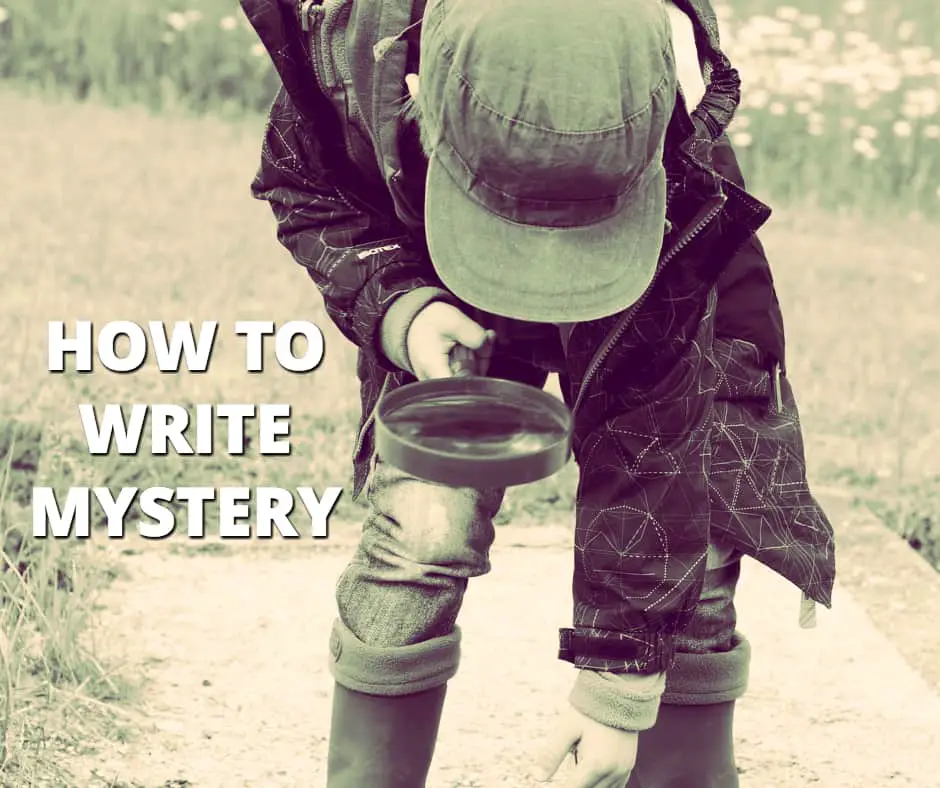
The need for mystery is greater than the need for an answer. Ken Kesey The perfect detective story cannot be written. The type of mind which can evolve the perfect problem is not the type of mind that can produce the artistic job of writing. Raymond Chandler Mystery is the secret spice of all compelling […]
-
What does Gothic mean in literature?
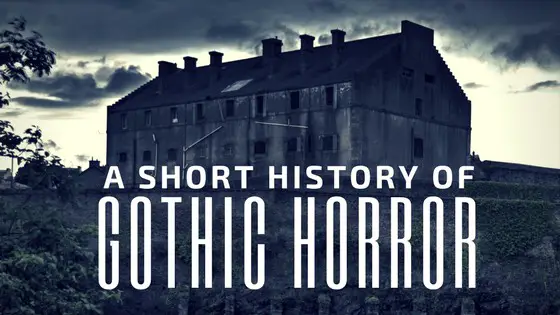
The Gothic is notoriously difficult to define. This is a type of story in constant flux. Each new literary period adds is own spin. “Gothic” is more like a skin layered upon other genres, most often: horror, romance, science fiction and fantasy. Where does one genre end and the gothic element begin?
-
Tips For Writing Melodrama
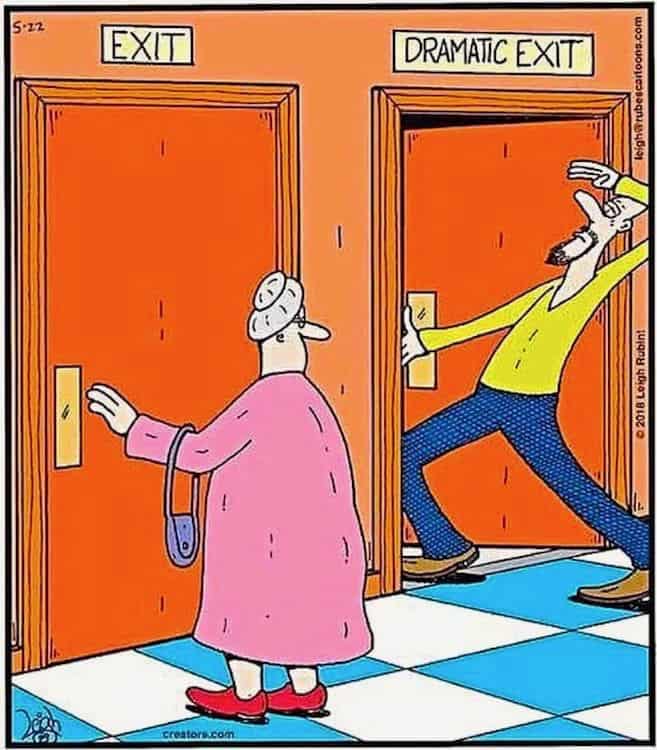
melodrama is a widely misunderstood term but has its place in good storytelling. What is melodrama, and how do we write it? Melodrama In Everyday Usage In everyday English, if we describe a person as ‘melodramatic’ we are probably describing a high drama individual. We’re probably talking about what we consider ‘too much emotion’. When […]
-
Unreliable Narration In Storytelling
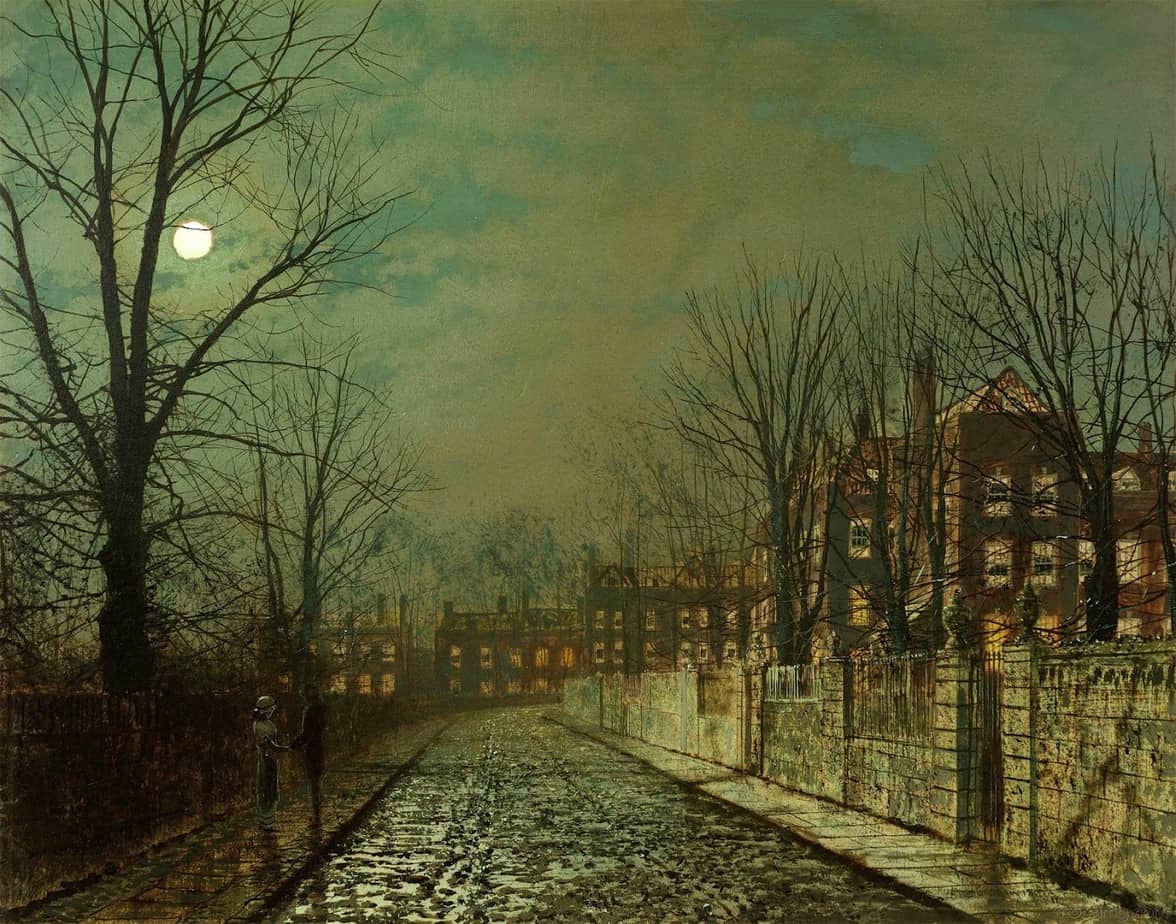
This post more than any other contains spoilers. Sometimes it’s a spoiler just to know that you’re dealing with an unreliable narrator. Unreliable narration is a storytelling technique which requires some work on the part of the reader, trying to work out how much of the story is true and how much is subjective, or […]
-
What is the meaning of hermeneutics?
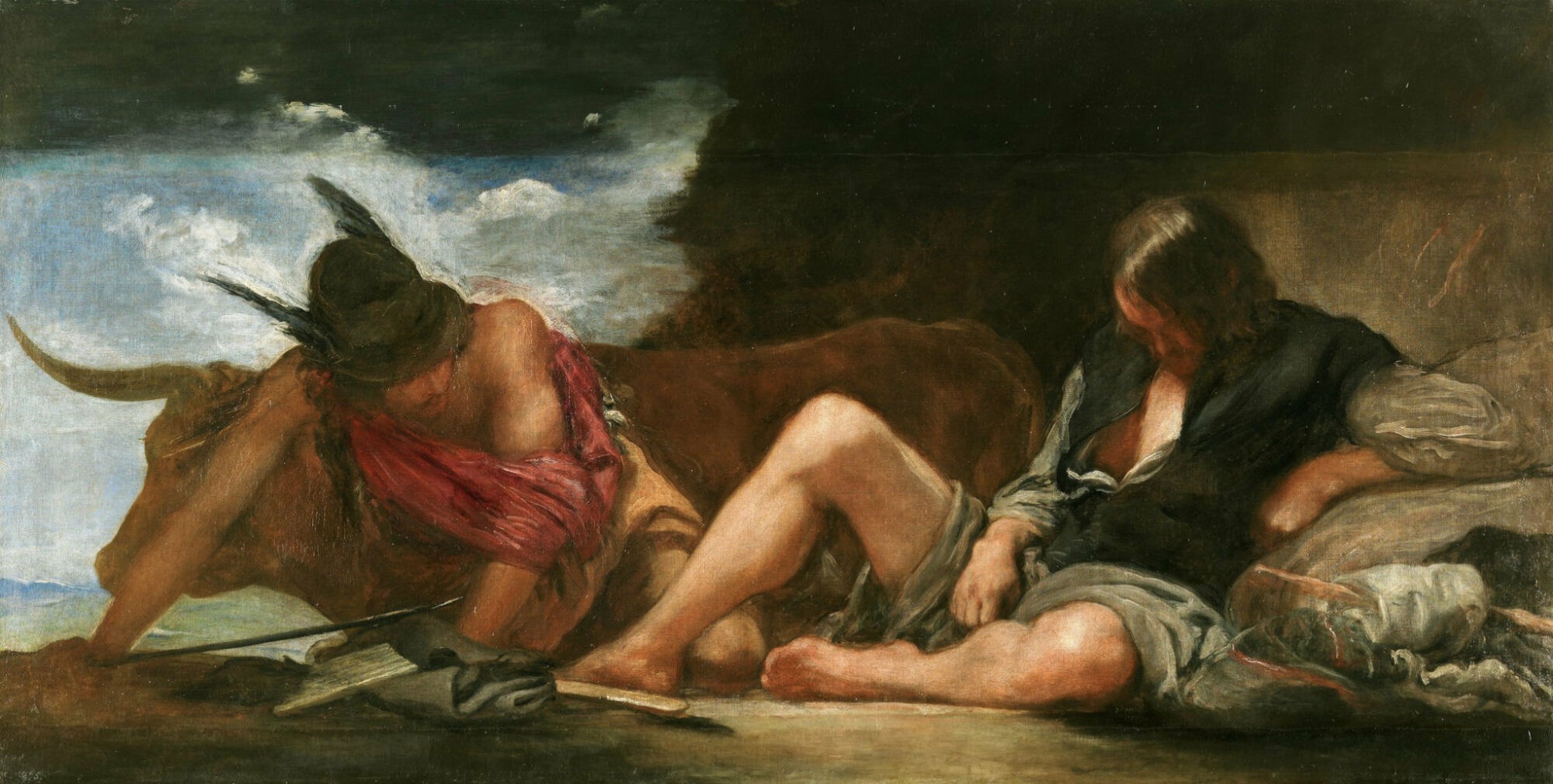
The word ‘hermeneutical’ comes from the Greek word for ‘interpreter’ and means ‘pertaining to interpretation’. Every member of an audience interprets a text differently, depending on the life experience they bring. If you’re like me and you keep hearing this word and also keep forgetting what it means, a fix for that to simply replace […]
-
Fabulism In Children’s Literature
FABULISM: WHAT IS IT? In fabulism, fantastical elements are placed in an everyday setting. It’s called ‘fabulism’ because authors are playing with realism by making use of elements of fable. For the definition of a fable, see here. COMMON FEATURES OF FABULIST FICTION The Bloody Chamber and Other Stories by Angela Carter is a collection […]
